What Role Does the Hospice Chaplain Fulfill?
Someone asked me what role I see chaplains fulfilling in end of life care.
In reflecting on that question it occurred to me that chaplains tends to get lost in the shuffle of patient care. It is the least understood and often the least accessed of the hospice services provided. Sadly, to everyone’s loss.
Hospice services include nurse, social worker, chaplain, nurses aide and volunteer. Throw in an occasional physical, speech, and occupational therapist and you have the team. A bereavement support team and program are often considered as a separate unit of care.
The chaplain is an important part of the team for patients, family/significant others, staff and the community yet a lot of people shy away from those very services that can support and bring comfort.
SO——- here are my thoughts on chaplains:
Chaplains are often confused with religion and religion ideology. A chaplain’s role in hospice should have nothing to do with specific religions. They are ordained by some denomination and then have additional training in the field of chaplaincy. They deal with what I consider spirituality. Spirituality is bringing comfort to the spirit. It has nothing to do with religion dogma.
What do I consider qualities needed to fulfill a chaplain’s job description? A chaplain is non-judgmental, gentle, accessible, available, has the quality to be in the moment, to meet people where they are in their mind, heart and spirit. A Chaplin is a listener and has the ability to be open to all ideas.
Chaplains can help process end of life thoughts that occur when a person is faced with a life threatening illness. Thoughts of life’s meaning, forgiveness, purpose, understanding relationships, self awareness.
God, religion, belief systems and thoughts don’t have to be part of the exploration to finding meaning. Spirituality is found in the processing and guidance that leads to seeing life as a job well done, finding peace of mind, and bringing comfort to that interior Spark that we all are.
In today’s hospice environment time spent with patients and families seem to be what agencies have the least to offer. My suggestion is the chaplain can fill in that time void. The chaplain can be a guide, the teacher, a support person in addition to the nurse and social worker.
The chaplain can make death calls (let the nurse come in, pronounce and leave) Have the chaplain stay and be present to comfort, support, give ideas and stay until the body leaves. This support is given not from a religious base but from a humanity, spiritual base.
Something More… What Role Does the Hospice Chaplain Fulfill?
Here is another blog that may be helpful- Approaching the Question of Faith or It’s Absence in End of Life Care
If you are caring for someone approaching end of life, my booklet GONE FROM MY SIGHT: The Dying Experience will be most helpful. People don’t die like they do in the movies. My little blue booklet will guide you through the process.
Originally Published on https://bkbooks.com/blogs/something-to-think-about






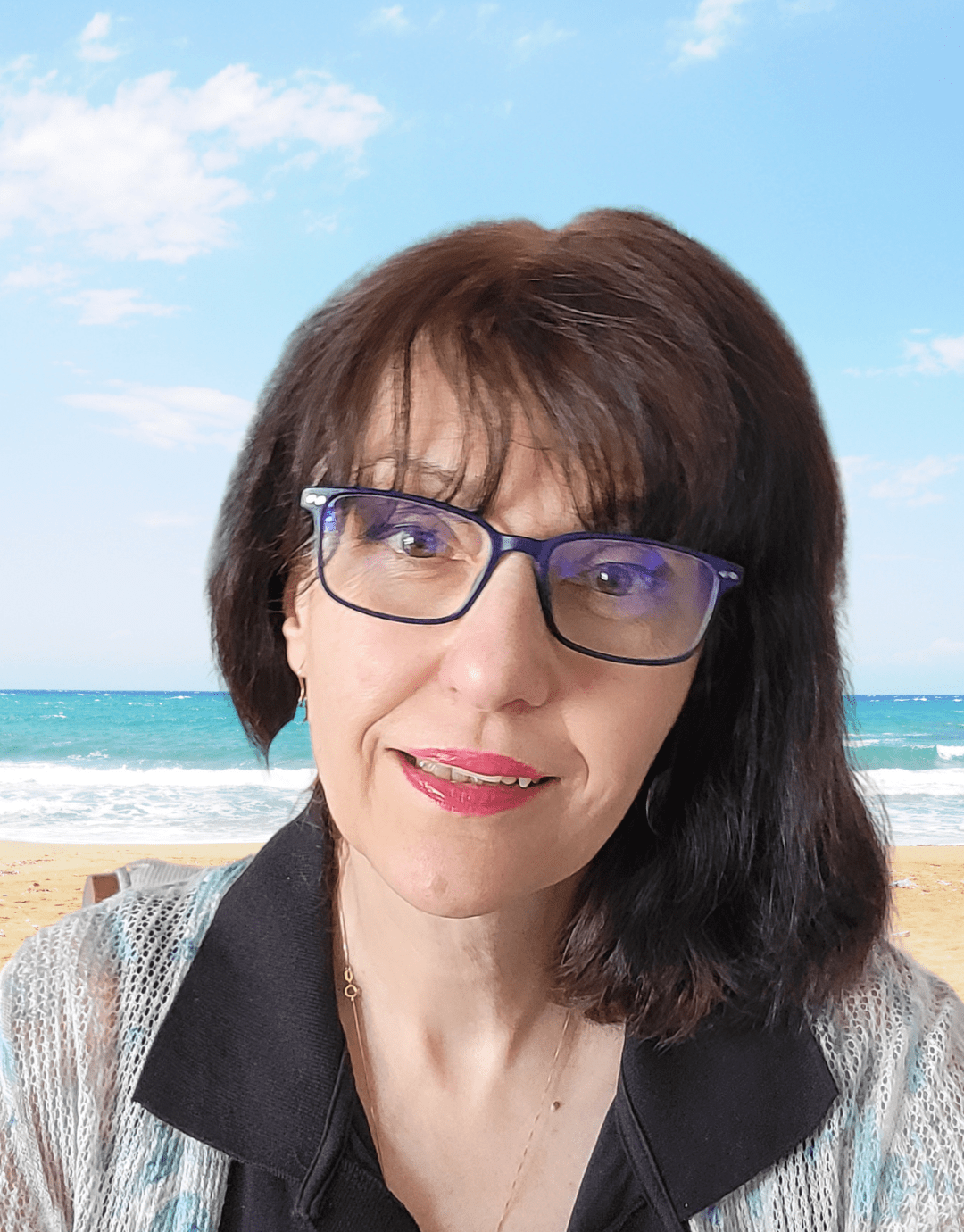

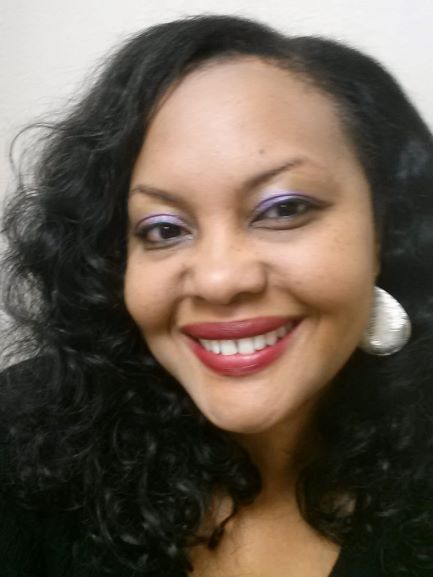



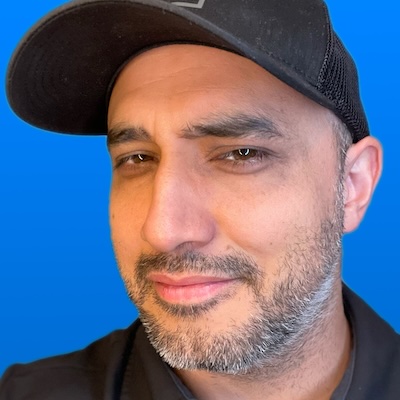
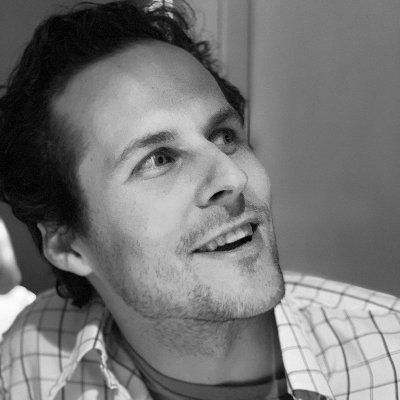



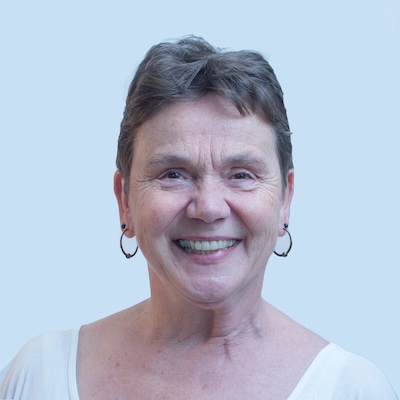


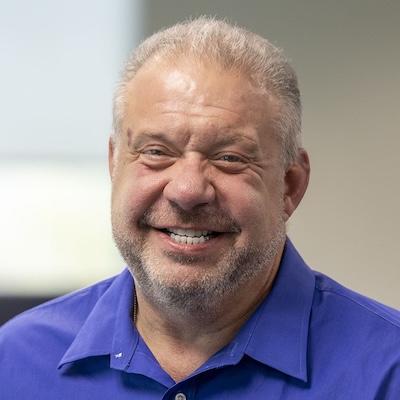

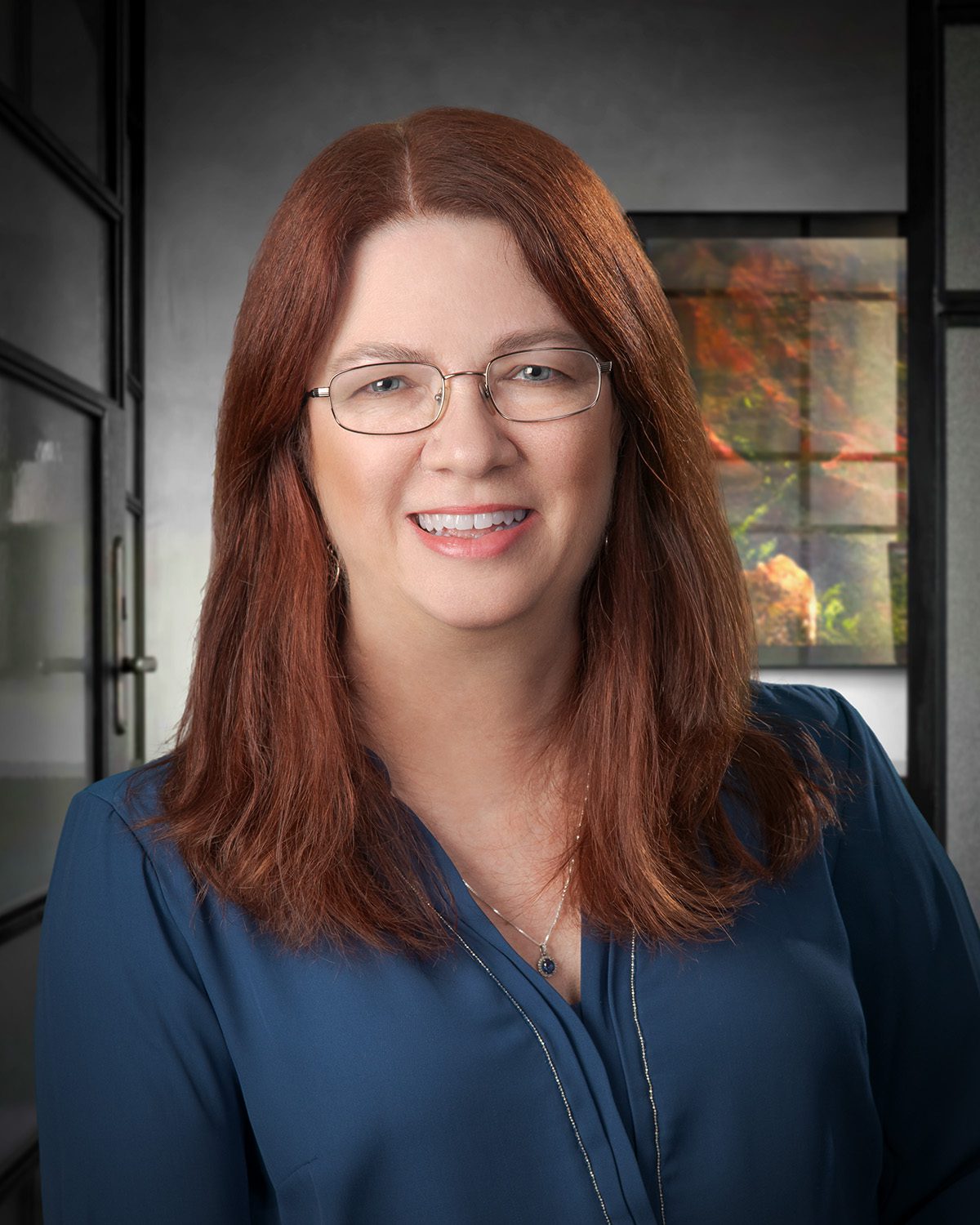

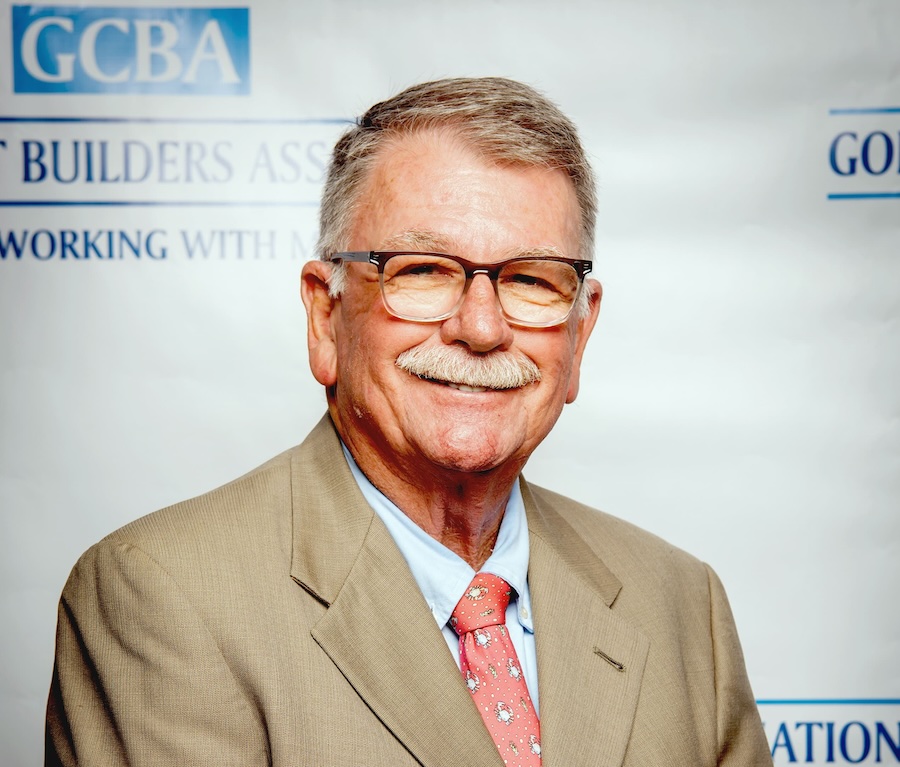

Already a Member? Login Here.
Not Yet a Member? Join the Conversation Today!